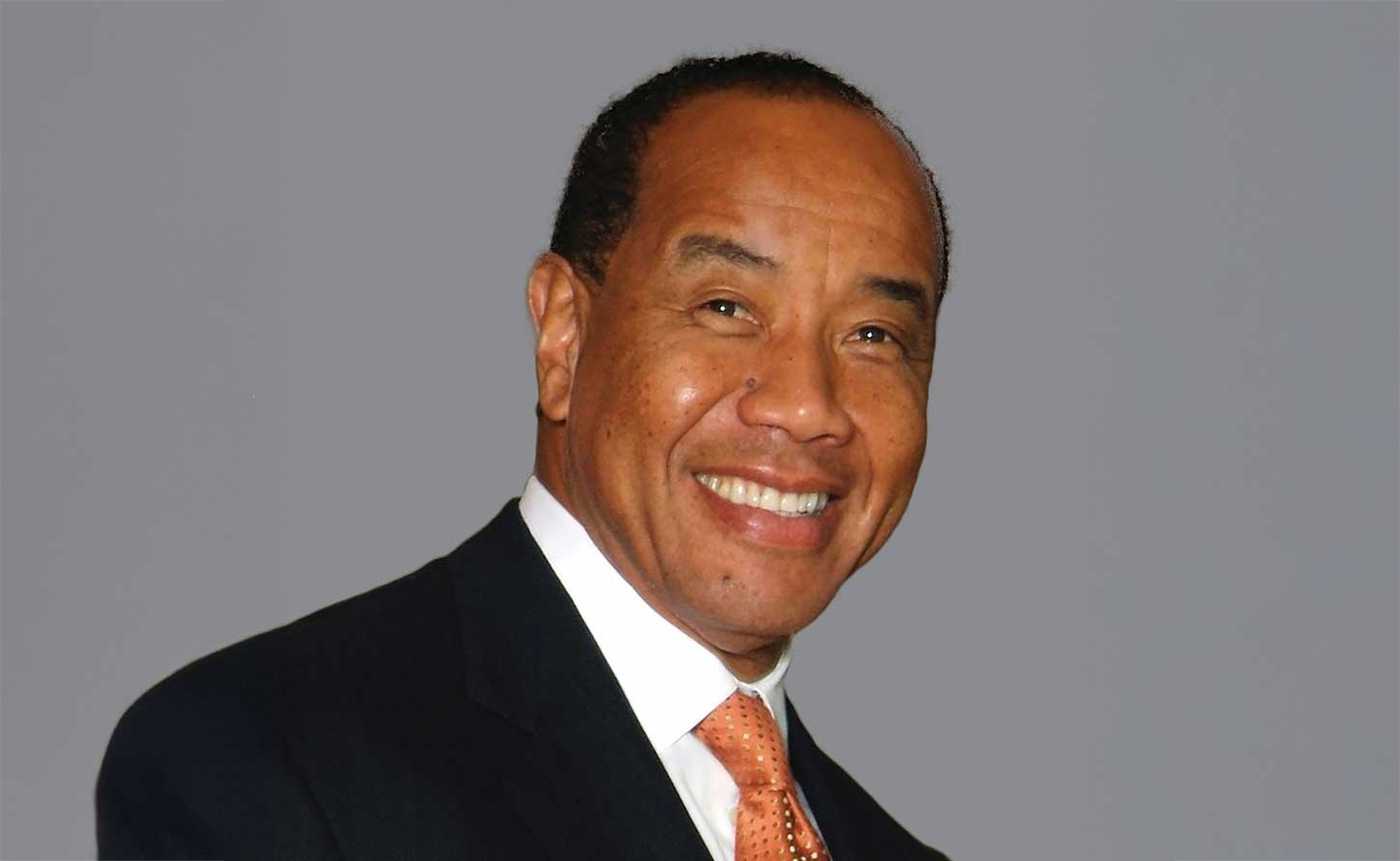JAMAICA | Lee-Chin's Financial Empire Unravels as Payment Defaults Mount

KINGSTON, Jamaica, July 10, 2025 - Michael Lee-Chin's carefully constructed Caribbean financial kingdom is crumbling under the weight of mounting debt defaults, with the billionaire businessman now scrambling to avoid losing control of his crown jewel – NCB Financial Group.
The latest blow came as Lee-Chin's Portland (Barbados) Ltd failed to make an $8 million final payment on a two-year note due August 30, marking yet another chapter in a troubling pattern of missed deadlines that has become the hallmark of the Jamaican-born tycoon's recent financial maneuvers.
Instead of the promised payment, creditors received a mere $2 million wire transfer and another restructuring proposal that would drag the settlement into late September.
This default isn't an isolated incident but part of a broader financial malaise plaguing Lee-Chin's empire. The preliminary offering memorandum for NCBFG's struggling $300 million bond reveals that Lee-Chin has pledged 50.5 percent of his NCBFG shares as collateral for various debts – a stunning revelation that could see him lose control of the Caribbean's largest financial institution if bond negotiations falter.
The irony is palpable: while Lee-Chin fights to maintain his grip on NCB Financial Group, the very company he chairs has been unable to complete its own critical debt refinancing.
More than a month has passed since NCBFG announced plans to raise $300 million through a bond issuance, yet the market remains largely silent on its progress. The initial June 11 pricing date came and went without fanfare, leaving investors and analysts wondering whether the deal will ever materialize.
The timing couldn't be worse. While Latin American and Caribbean issuers successfully placed $112 billion of bonds in international markets in the first ten months of 2024 – a 40% increase from 2023 – NCBFG appears stuck on the sidelines, unable to capitalize on improved market conditions that have benefited regional peers like Trinidad Generation Unlimited, which successfully issued a $525 million bond with a 7.75% interest rate.
Behind the scenes, Lee-Chin's financial juggling act grows increasingly precarious. Republic Bank, serving as trustee for the defaulted note, has demanded written confirmation from noteholders to extend the final payment deadline to September 20.
The default rate has already climbed to 12.25% per annum, adding insult to injury for investors who've watched Lee-Chin consistently miss payment deadlines throughout 2024.
The domino effect extends across Lee-Chin's business empire. AIC (Barbados) Ltd., another Lee-Chin affiliate, has called bondholders meetings to address 12 instruments totaling $72.84 million, with several bonds already delinquent on both principal and interest payments.
Meanwhile, the billionaire has been liquidating NCBFG shares at a rapid pace – AIC has sold over 53.9 million shares between June 2023 and March 2025, raising more than $3 billion Jamaican dollars.
The personal toll is evident. Lee-Chin took a three-month leave of absence from NCBFG's board in May 2023 to address "pressing business and personal matters," a diplomatic phrase that now reads more like a distress signal than a temporary sabbatical.
What makes this financial melodrama particularly troubling is how it threatens one of the Caribbean's most systemically important institutions. NCB Financial Group, designated by Jamaica's central bank as a Systemically Important Financial Institution, holds $2.31 trillion in consolidated assets and employs thousands across the region.
The prospect of Lee-Chin losing control through creditor enforcement actions introduces unwelcome uncertainty into an institution that serves as a cornerstone of Caribbean banking.
The math is unforgiving. With current liabilities of approximately $63 billion due in 2025 and a debt portfolio that includes substantial U.S. dollar-denominated obligations, NCBFG needs the $300 million bond more than Lee-Chin needs another payment extension.
Yet the man who built his reputation on disciplined capital allocation now finds himself perpetually asking creditors for more time – a position that would be uncomfortable for any businessman, but is particularly damaging for someone whose primary asset is a major financial institution.
As Lee-Chin scrambles to arrange another payment schedule, the broader question looms: can a man who cannot meet his own debt obligations be trusted to shepherd the Caribbean's largest bank through an increasingly complex global financial landscape?
The market's answer appears to be a resounding "no," with NCBFG shares down more than 20% on the Jamaica Stock Exchange and trading at roughly one-fifth of their pre-pandemic peak.
The final act of this financial drama remains unwritten, but the trajectory seems clear. Unless Lee-Chin can stabilize his personal finances and complete NCBFG's bond offering, the Caribbean's most prominent business mogul may soon discover that even billionaires are not immune to the consequences of overleveraging in an unforgiving debt market.
-30-
